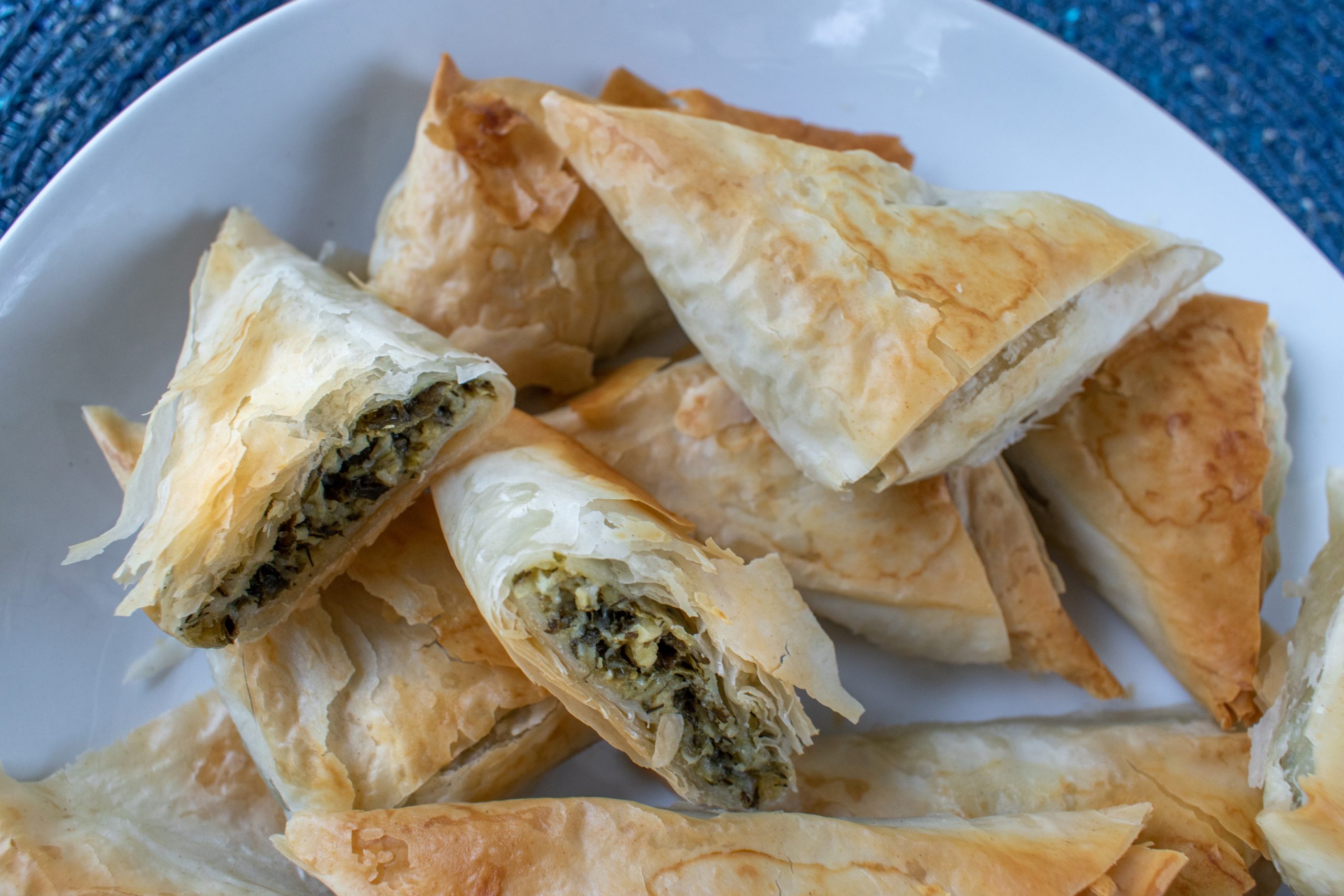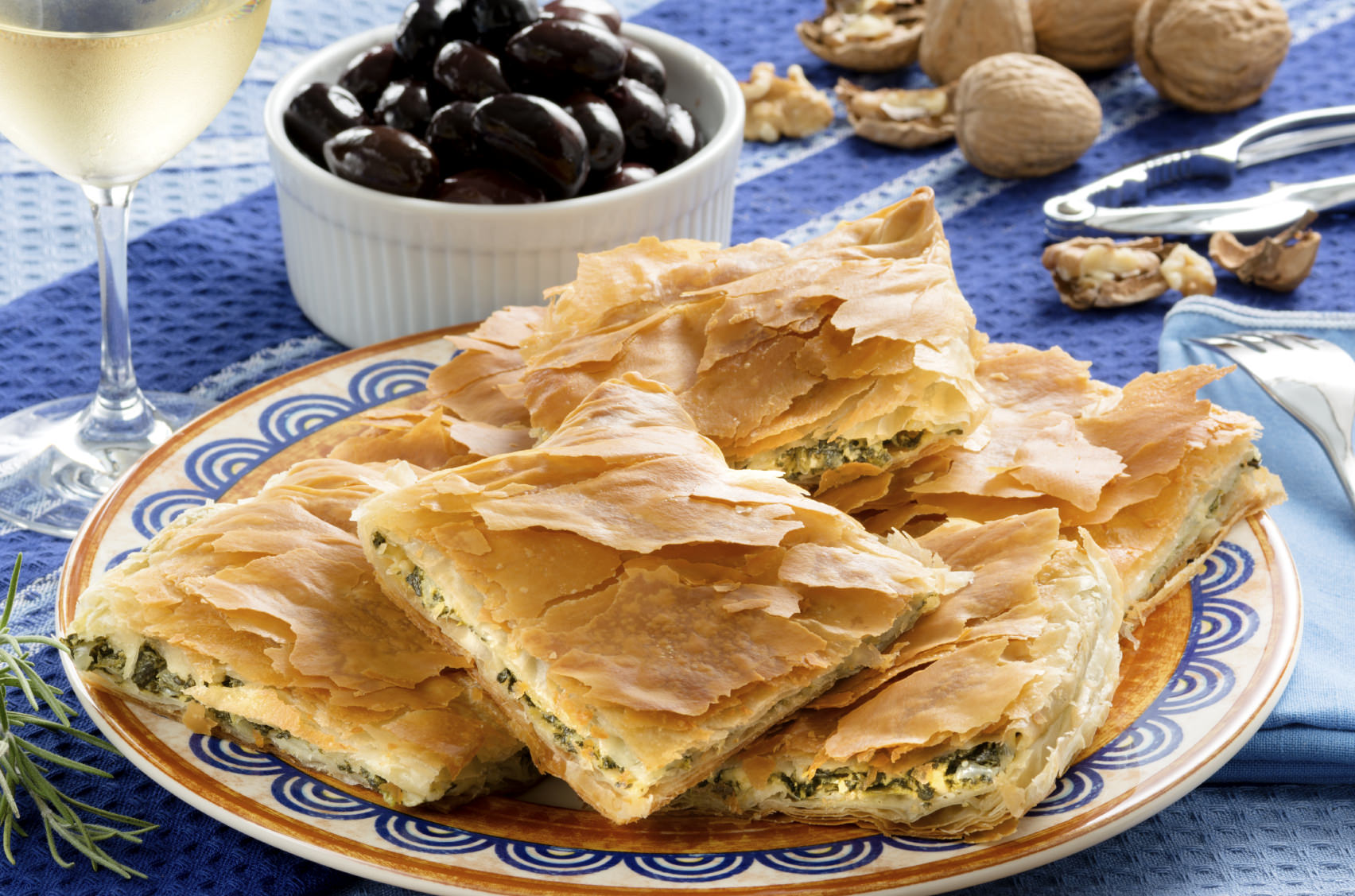How do you make tender Greek souvlaki? I've attempted various recipes, marinated for different durations, and experimented with both high and low cooking temps, but I seem to be missing the mark for that mouth-watering tenderness commonly found in authentic Greek souvlaki.
Has anyone found a particular method or ingredient that makes a significant difference in achieving that ideal tenderness?
I use ladolemono, a marinate it overnight in ziplock baggies (after I cut the meat in cubes) and then I add them to the skewers and cook them on the grill. I typically use chicken.




